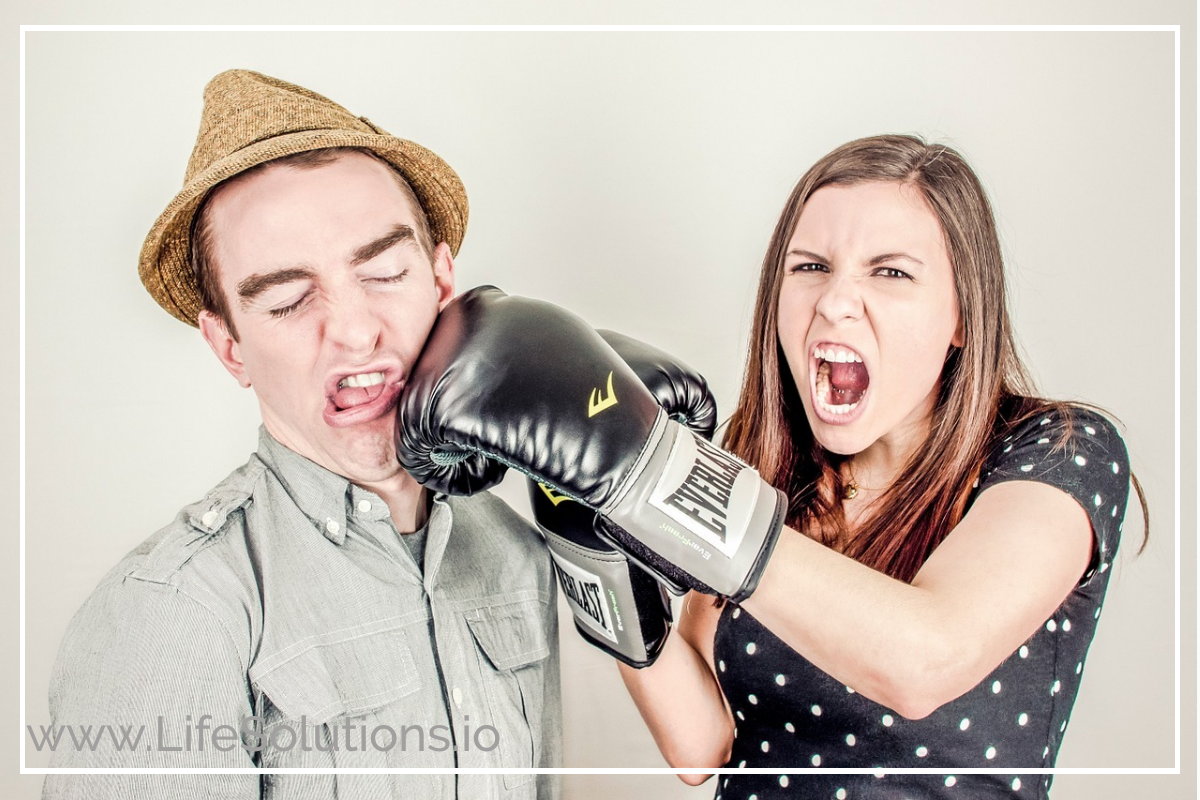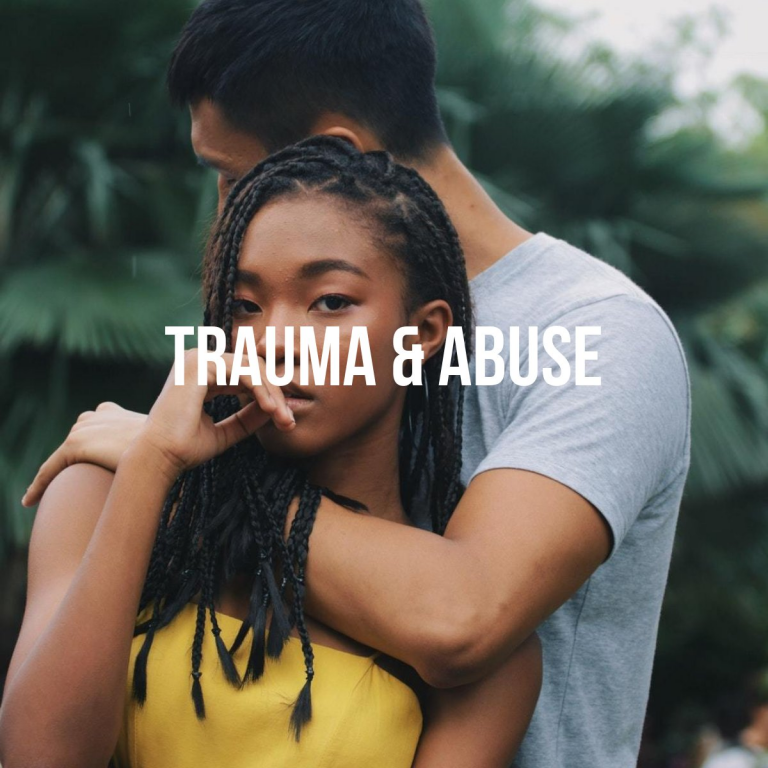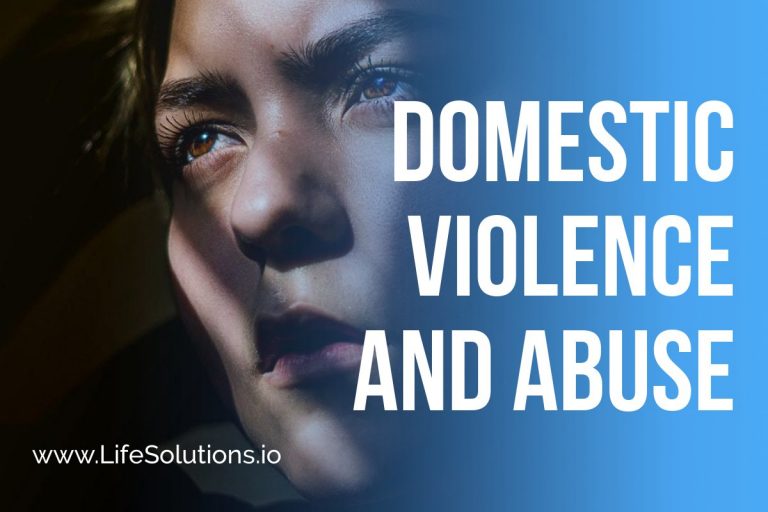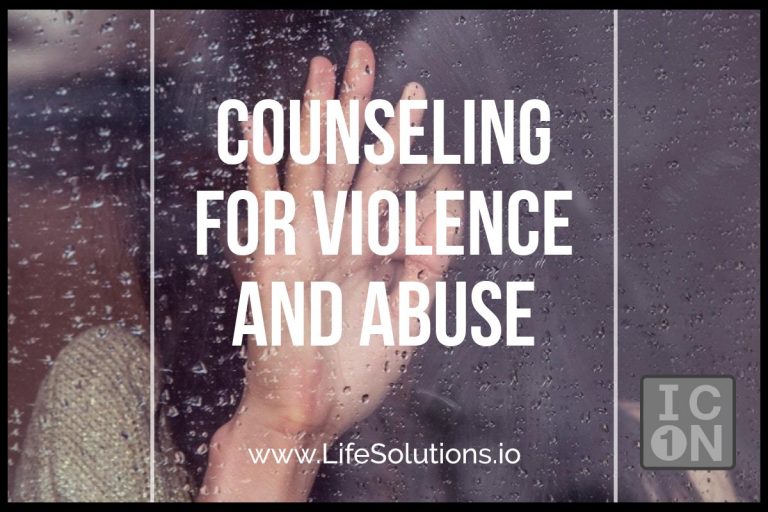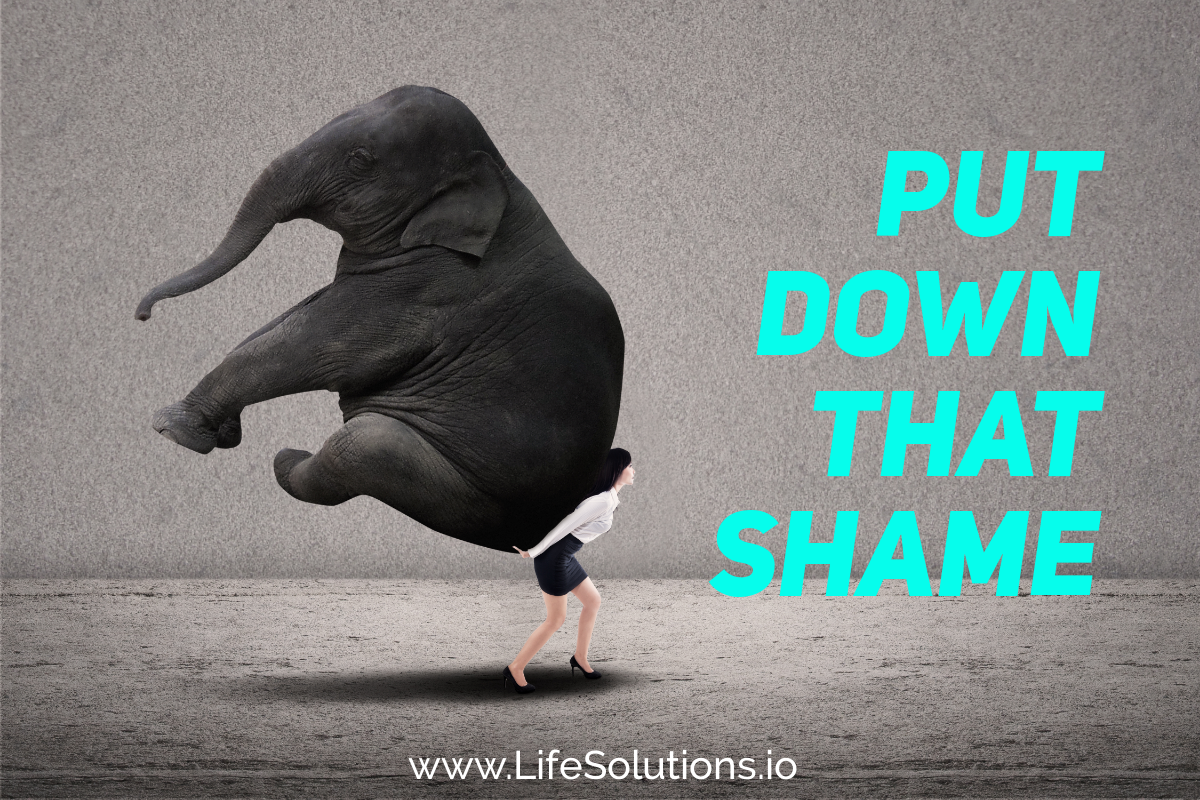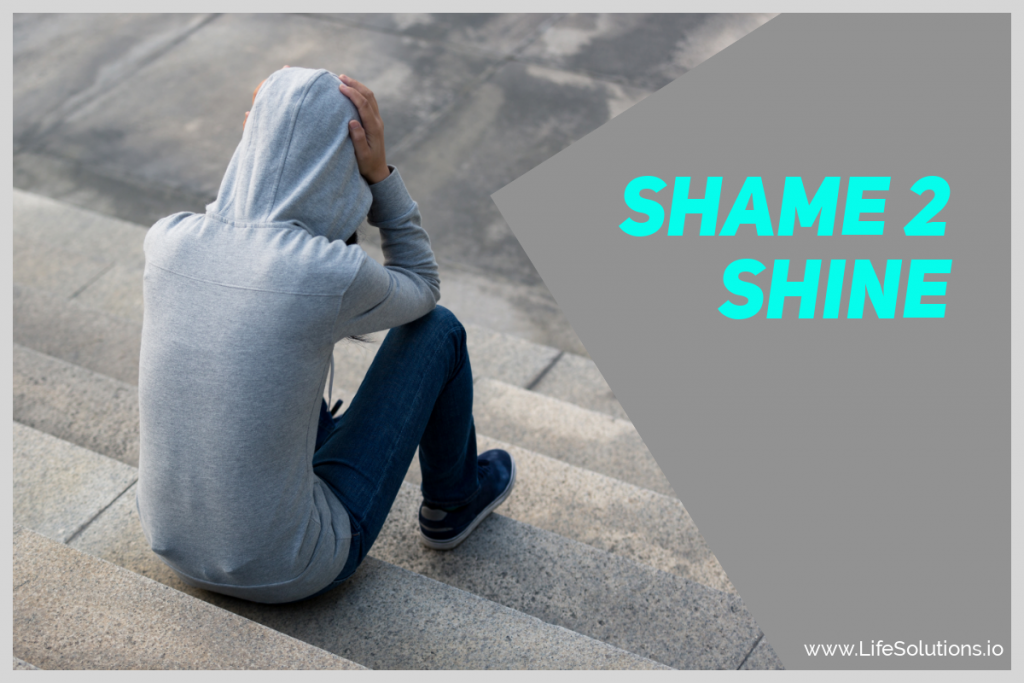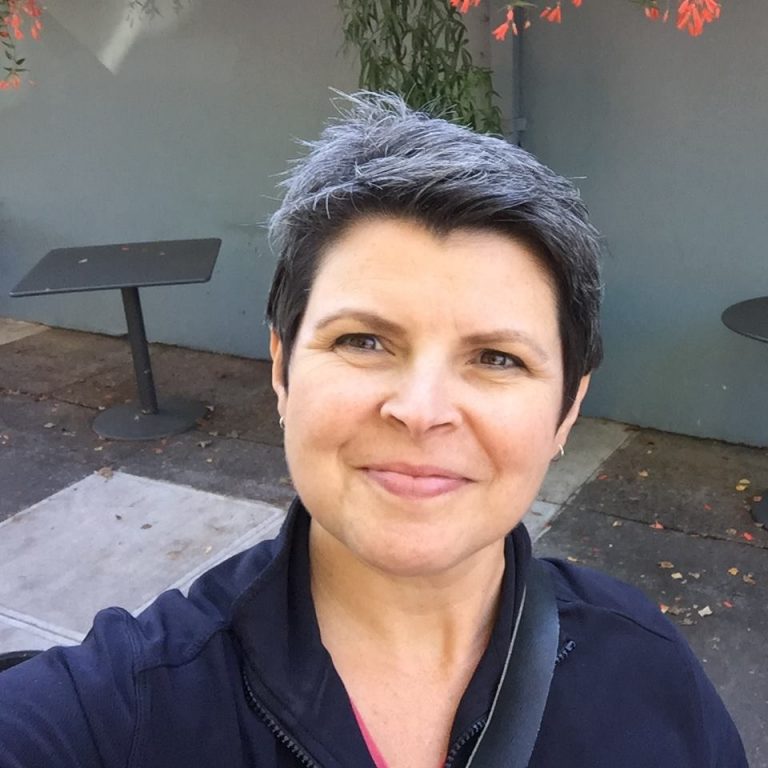People in difficult relationships often ask me, “Don’t all couples fight?” The answer is of course, yes, most couples fight, even the ones in healthy relationships can have heated arguments. The difference lays in HOW and WHEN? Do you and your partner argue 20% or 80% of the time? Also, do you argue about the issue at hand, or do you attack your partner’s character or cause them to be afraid? Of course, healthy couples can also hurt each other and say and do things that they regret. The difference is that they sense the danger, admit that they were wrong, reach out for professional help, and most importantly: THEY CHANGE.
Take a look at some of the differences between a healthy and unhealthy relationship.
What does a HEALTHY relationship look like?
- You and your partner respect each other’s individuality and embrace each other’s differences, allowing each partner to be themselves.
- You do activities independent of each other and spend time with your individual friends or families.
- You discuss issues, allow each other to have different opinions, and both of you make compromises.
- You trust your partner, and you can be honest with yourself and your partner.
- You both express and listen to each other’s feelings, needs, and desires.
- You want to learn more about each other and encourage each other to grow as an individual.
- You both respect each other’s need and right for privacy and alone time.
- You practice consensual and safe sex, and you can say NO to sex or anything you are uncomfortable with.
- You resolve conflicts in a peaceful and nonviolent way.
- You share decisions about things that affect both partners, but you also have the freedom to make decisions about your things.
Signs that you are in an UNHEALTHY relationship
- You are afraid to disagree with your partner, and you feel unheard and unable to communicate what you want.
- You have no personal space and have to share everything with your partner and justify what you do, where you go, and who you see.
- You feel isolated from friends and family.
- You find yourself often making excuses for your partner or your partner’s behavior.
- You feel pressure to change to meet your partner’s standards instead of being yourself or caring for yourself.
- You often feel stifled and trapped in the relationship.
- You partner constantly criticizes you and your ideas and actions.
- Your partner makes all the decisions and controls everything, including the money.
- Your partner blames you for things or events in his/her life
- Your partner calls you names, yells at you, hurts you (shove, pinch, hits, punch, kicks), or forces you to have sex
Shame Can Trap You
People, who are in unhealthy and even dangerous relationships are often asked the question: “Why do you stay?”
These kind of questions can cause debilitating shame, because they may not know the answer either. Victims often blame themselves for the abuse and for their inability to do something about it.
I had been in an abusive relationship when I was a young adult. I remember that overwhelming shame so well. I was ashamed because people warned me that he was no good, they also warned me not to go back to him, and I didn’t listen. I was especially ashamed because my boyfriend told me at every opportunity that I was to blame for his bad moods and angry words, and that he “never acted like this until he met me.” I was sure that I was doing something wrong, and if I could just find out what that “something” was, I could fix things. I felt afraid, hopeless, and vulnerable. I was embarrassed about my choices, for failing to see the red flags at the beginning of the relationship, and especially for my inability to leave.
If this sounds familiar to you, then you need to hear the truth today: “It’s not your fault!” You may feel, after all the trauma, that you deserve to be abused, but it is not true. There is NO excuse for hurting someone else with our words or deeds. It is NEVER justified.
Why Do People Stay in Dangerous Relationships?
- They will not believe me: For many people, even admitting to the fact that they are abused is shameful and embarrassing. They may feel worried that people will judge them for being weak, or they are afraid that nobody will believe them seeing that most abusers have a very charming and charismatic social persona. The wonderful person everyone else knows is not the same person that the victim sees behind closed doors.
- No money or resources: Another big reason why survivors do not leave, is the lack of money and resources. If the survivor is living with the abusive partner, does not work, has no substantial education or prior work experience, and does not have any income or place to live, then leaving can feel impossible. In fact, abusers quite often orchestrate things in such a manner that the survivor is financially dependent on them and isolated from all other resources or supportive relationships.
- Emotional dependence: Being dependent on the abuser for everything can cause serious harm to the survivor’s self-esteem. Most abusive partners blame the survivor for the abuse and constantly put them down. Many survivors start to believe those statements and think that the abuse is their fault, that they are not strong enough to get out, and that they do not deserve anything better.
- Fear: Most survivors are afraid of what will happen if they decide to leave the relationship. They have heard numerous threats from the abuser and they know that, for the most part, those are not idle threats. The most dangerous time is when abusers think that they have lost the survivors (when they leave or threaten to leave).
- Think it’s normal: Some survivors grew up around dysfunction and violence and they do not know what healthy relationships look like. They may not recognize that their relationship is abusive or if they suspect it, they may not trust their instinct.
- Love: In most instances, the survivor still loves the abuser and keep hoping that he will change. Abusive people can be caring and kind, especially at the beginning of a relationship, and the survivor may hope that their partner will go back to being that person or that the “good times” will increase. They may only want the violence to stop, not for the relationship to end entirely. Unfortunately, abuse is progressive and the “bad times” will most likely increase.
- Children: They may have children with the abuser and feel obligated to keep the family together. They may not realize how damaging the abuse is to the children who observe it, or they may be in denial about the fact that the kids are aware of the abuse because it hurts too much to face the truth.
- Religion: Some religions may influence the survivor to stay in an abusive relationship and to simply keep forgiving. The survivor may also worry about disgracing their religious family and being ostracized if they act outside the rules.
- Immigrant: If a person is an undocumented immigrant, they may fear that reporting the abuse may get them deported. Also, if their first language isn’t English, it can be very difficult to try to explain what they are experiencing in their second language. They may be afraid of not being understood or that people will not believe them.
- Physical dependence: When someone is disabled, they may be physically dependent on their abusive partner and their well-being may very well be connected to the relationship. This could heavily influence their decision to leave.
ALL Adults Are In Control Of Their Own Emotions
Things are looking up a bit since the MeToo movement, but in general our culture still has a tendency to blame the victims or survivors of domestic and dating abuse, and for this reason, shame is very common emotion among survivors.
Are you questioning yourself and wondering how this happened to you? Are you unsure of how to process all the trauma or how to move forward?
Listen, there is nothing you could have done to deserve being abused. Adults are supposed to control their own anger and emotions. What you did deserve from your mate were respect and other basic human rights. You deserved to make your own decisions, have friends, see your family as much as you like, and live your life according to your own standards and ideas. You did not deserve to walk on eggshells every day, be controlled, yelled at, put down, called names, or hurt physically , emotionally, financially, or sexually.
You did your best under horrible circumstances. It is not easy to break free or find healing from this kind of shame. Shame may actually have followed you from childhood, and your abuser just enhanced or confirmed what you already thought about yourself. When little kids are being abused or neglected by the very ones who are supposed to love and take care of them, they often develop something that is called ‘defensive shame”. This is where they blame themselves for what is going on because it is too painful and confusing for them to blame their parents. They often start to internalize that shame and feel that they deserve to be treated badly by a spouse or partner in later life.
James Knipe said, “Shame may become a primary element of the child’s self-concept, and even be expressed then in acting out—” bad”— behaviors. In other words, the defensive function of shame may be strengthened, and the identity of shamefulness may be validated by actual unacceptable actions. Many decades later, in therapy, the client might say, “Of course I know that I am a shameful person. Look at all the bad things I’ve done!” ( Knipe, James. EMDR Toolbox)
It Is NOT Your Fault!
This is NOT, and NEVER was, your fault, but you do not have to stay in an unhealthy relationship. You can do the one thing today that you have control over: Reach out for help and start taking baby steps out of the pain and the mess.
Please use some of the free resources at the bottom of this page or come to see me and we can figure it out together. I can help you find your value, learn how to take care of yourself, and trust your own mind. We will pull up a safety plan together for you and your kids. I will never pressure you to leave your abuser when you are not ready because there is no magic formula of how and when to leave. Each person is unique with their particular set of circumstances and experiences. Instead I will equip you with resources and knowledge so that you and your children can be safe while we find a solution together.
I will especially help you deal with the shame and the self-doubt surrounding abuse and encourage you, at every possible opportunity, that you did not do anything to deserve the abuse.
Resources to Help Survivors of Domestic Violence and Abuse
- National Domestic Violence Hotline (USA):
1 800 799 SAFE (7233)
1 800 787 3224 - DVRC (Domestic Violence Resource Center)
- RAINN (Rape, Abuse, Incest National Network)
- SARC (Sexual Assault Resource Center)
- ARMS (Abuse Recovery Ministry Services)
- National Domestic Violence Website (USA) FAMILY JUSTICE CENTER
